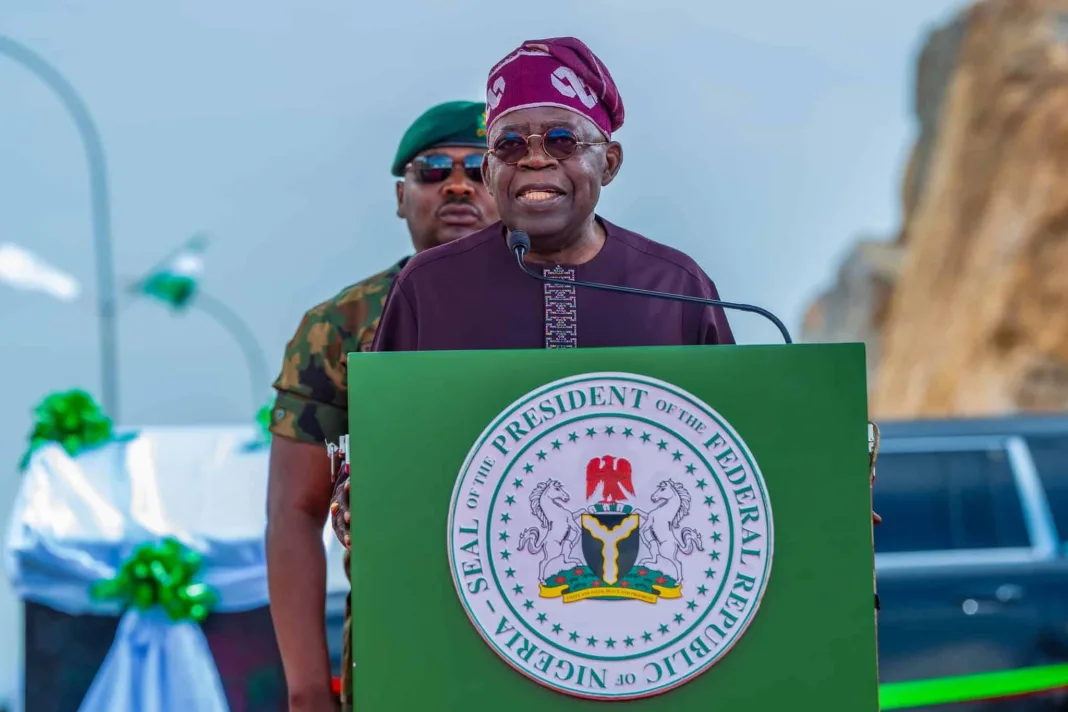In a national address marking the 25th anniversary of Nigeria’s unbroken democratic governance and the 2024 Democracy Day, President Bola Tinubu called on Nigerians to endure the current economic hardships resulting from his administration’s policies. He emphasized that these measures are crucial to stabilizing the nation’s economy.
In his speech, Tinubu acknowledged the difficulties faced by Nigerians due to recent economic reforms but insisted that these changes are necessary for long-term prosperity. He highlighted the historical significance of Democracy Day, commemorating the struggle for democratic governance that began with the June 12, 1993, presidential election.
“Today, we celebrate 25 years of uninterrupted democratic governance in Nigeria,” Tinubu stated. “This milestone is a testament to our resilience and commitment to democracy. The sacrifices made by countless Nigerians, including the late Chief MKO Abiola, his wife Kudirat, and many others, should not be forgotten. They laid down their lives for the democracy we enjoy today.”
The President paid tribute to the heroes of Nigeria’s democratic struggle, including journalists and pro-democracy activists who faced persecution during military rule. He emphasized that their efforts were instrumental in ending the dictatorship and establishing Nigeria as a democratic nation.
Reflecting on the economic challenges, Tinubu noted that Nigeria’s economy had long relied excessively on oil revenues, necessitating fundamental reforms. He assured Nigerians that the government is committed to creating a more balanced and sustainable economic foundation.
“We understand the economic difficulties we face as a nation,” Tinubu said. “Our economy has needed reform for decades. The reforms we have initiated are intended to create a stronger, better foundation for future growth. While these changes have caused hardship, they are essential for long-term prosperity.”
Tinubu also highlighted ongoing negotiations with labor unions regarding a new national minimum wage, assuring that the government is committed to addressing the needs of workers through dialogue and cooperation rather than conflict.
“In the face of labor’s call for a national strike, we chose the path of cooperation over conflict,” he explained. “We negotiated in good faith, and soon, we will send an executive bill to the National Assembly to enshrine the agreed-upon national minimum wage as part of our law.”
The President concluded his address with a call for unity and perseverance, urging Nigerians to remain steadfast in their commitment to democracy and to work together towards a brighter future.
“Democracy is more than a historic fact; it is a living, breathing reality,” Tinubu declared. “Let us board this progressive train together and move Nigeria forward. Let’s continue to keep the fire of democracy burning for generations to come.”
As Nigeria marks this significant anniversary, the nation reflects on its democratic journey and looks ahead with hope and determination, guided by the principles of liberty, justice, and economic reform.
